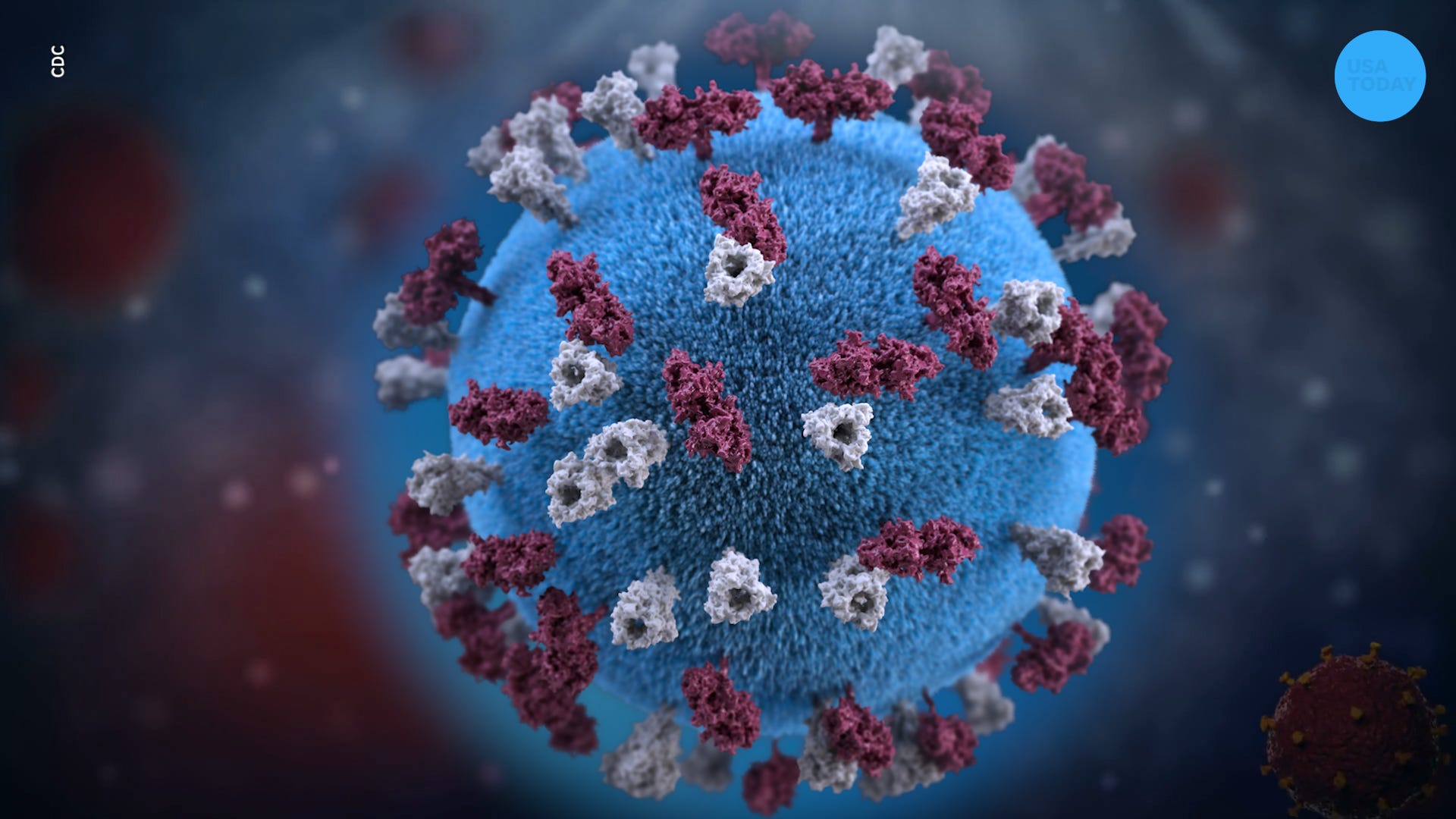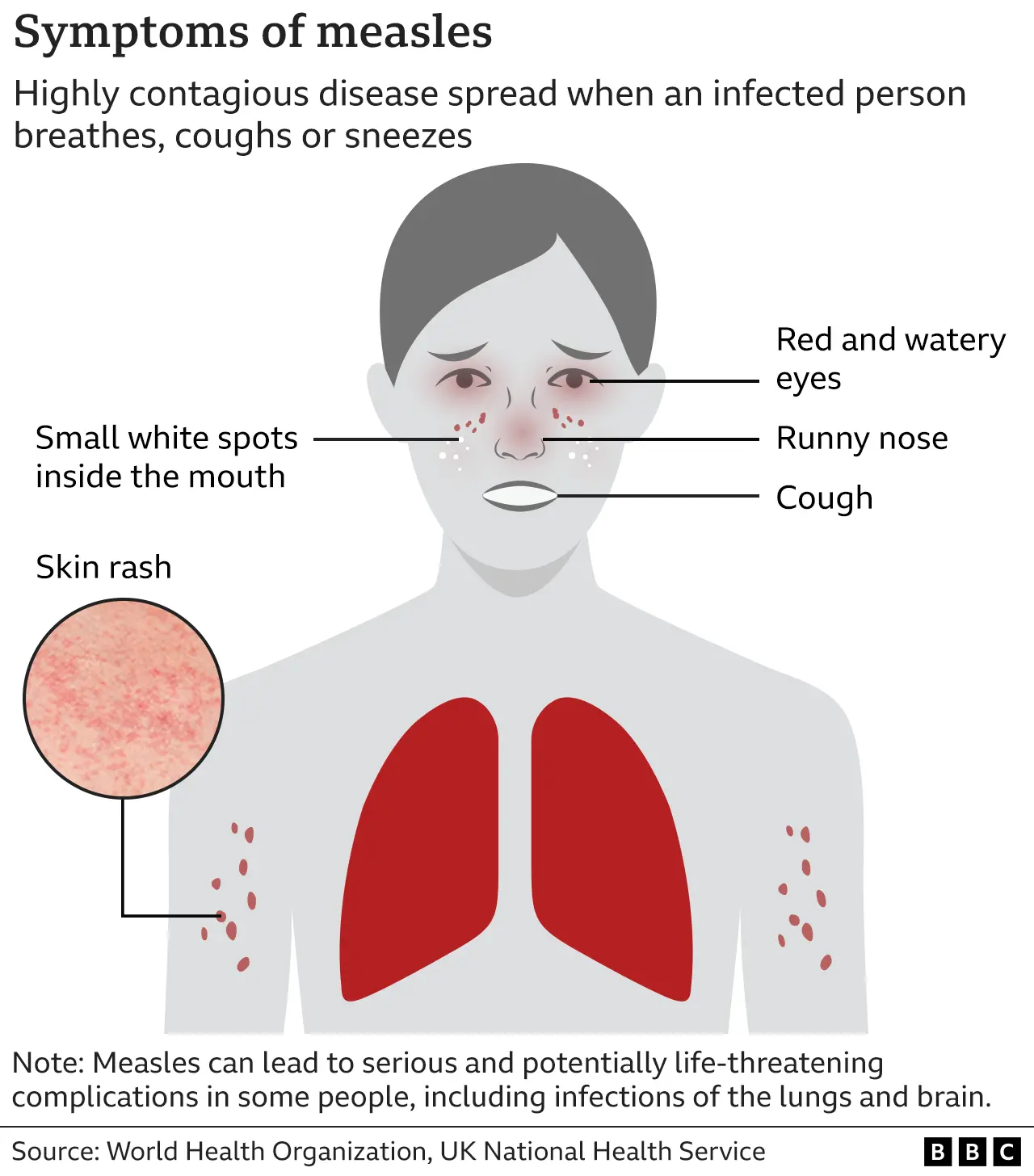Measles can affect anyone who is not immune but is most common in children. Measles is a highly contagious viral disease. · measles is a highly contagious viral disease, which affects mostly children. Additionally, most cases are … Although at least 20 different genotypes have been isolated in various parts of the world, there is only one serotype It is transmitted via droplets from the nose, mouth, or throat of infected persons. Before the advent of vaccination, measles had long been endemic around the world – and it remains a worldwide epidemic disease. · measles is a highly contagious viral disease. · measles remains one of the leading causes of death among young children globally, despite the availability of a safe and effective vaccine. Complications are most common in children under 5 years and adults over age 30. The availability of antibiotics, while powerless against the virus itself, could also help … In developed countries, advances in the health of communities – including better nutrition – meant mortality rates had dropped by the twentieth century. It spreads easily when an infected person breathes, coughs or sneezes. · measles is a highly contagious disease caused by a virus. One in 5 children infected with the measles virus may develop severe complications. As of 18 april 2025, a total of 2318 measles cases, including three deaths, have been confirmed in six countries in the who region of the americas, an 11-fold increase compared to the same period in 2024. Several days later, a rash develops, starting on … Initial symptoms, which usually appear 10-12 days after infection, include high fever, runny nose, bloodshot eyes, and tiny white spots on the inside of the mouth. Most deaths from measles are from complications related to the disease. It can cause severe disease, complications, and even death. Despite the availability of a safe and effective vaccine, measles remains an important cause of death among young children globally, and can also lead to serious adverse outcomes such as blindness, pneumonia and encephalitis. While vaccination has prevented an estimated 60 million deaths between 2000–2023, measles is still common in many developing countries, particularly in parts of africa and asia. The majority of cases have occurred among people between 1 to 29 years, who are either unvaccinated or have an unknown vaccination status. · measles is a highly contagious and potentially serious disease. It remains an important cause of death among young children globally, despite the availability of a safe and effective vaccine. Measles virus is an enveloped, ribonucleic acid virus of the genus morbillivirus.
Measles Warning: The Truth About Your Travel Risks
Measles can affect anyone who is not immune but is most common in children. Measles is a highly contagious viral disease. · measles is a...




